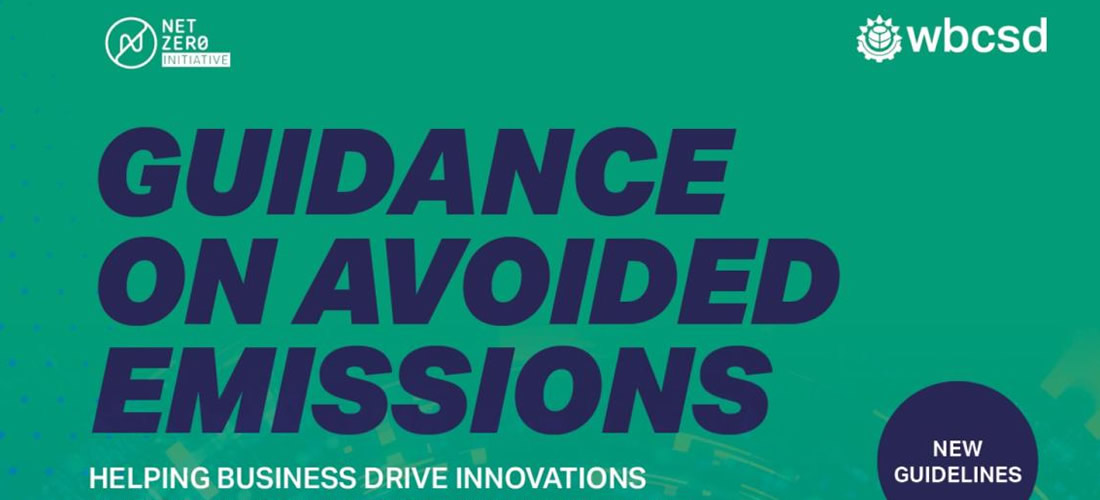Svět směřuje k udržitelnější budoucnosti a WBCSD spolu s 19 členskými společnostmi stojí v čele. S potěšením oznamujeme, že ve spolupráci s iniciativou Net Zero Initiative vydáváme Pokyny pro zamezení emisí. Tato průkopnická iniciativa umožní věrohodné započítávání úspor emisí, k nimž dochází mimo hodnotový řetězec společnosti, a stanoví tak nový standard pro globální započítávání emisí uhlíku. Pokyny k nulovým emisím poprvé jasně oddělují emise skleníkových plynů od emisí společnosti, což podnikům usnadňuje přesné vykazování jejich dopadu na životní prostředí. Jedná se o významný milník v našem úsilí o dosažení čistých nulových emisí a jsme hrdí na to, že stojíme v čele tohoto hnutí.
Geneva, 22 March 2023 – How can we assess avoided emissions credibly and help business drive innovations and scale solutions that contribute to global Net Zero? This was the starting point for the newly released Guidance on Avoided Emissions, launched today by the World Business Council for Sustainable Development (WBCSD) and 19 of its member companies in collaboration with Carbone4 and its Net Zero Initiative (NZI). This guidance will help ensure credible accounting of avoided emissions, including clear separation from a company’s GHG emissions.
Avoided emissions – emissions savings that occur outside a company’s value chain – offer an additional means to accelerate decarbonization by providing a broader picture that supports the development and scaling of products and services needed to achieve Net Zero.
The transition to Net Zero is entering a new phase, which will focus on how companies can be held accountable for their emission reduction targets and how all institutions can work together to define the most efficient ways to achieve our global Net Zero goal. To successfully achieve this, companies, regulators, and financial actors must have access to tools that adequately reflect how impactful their decisions are in limiting the global temperature rise.
Governments and regulators have recently emphasized accountability and the need for companies to set Net Zero targets for the entirety of their value chain emissions. However, suppose companies are only encouraged to reduce inventory emissions, instead of also transforming into low- and zero-emissions solution providers. In that case, the shared goal of achieving a global Net Zero by 2050 will fall out of reach.
This guidance is the first critical step for the incorporation of avoided emissions into globally recognized carbon accounting standards. It is a pioneering output from multi-stakeholder consultation process with multinational companies, supported by an advisory group of NGOs and academia and built on existing literature. This document seeks to bring harmonization and concrete guidance on how companies can assess and account for the decarbonizing impact of their solutions.
Dominic Waughray, Executive Vice President at World Business Council for Sustainable Development (WBCSD), said: “Understanding the avoided emissions of existing and upcoming solutions can provide a much needed foundation for the critical decisions required to accelerate corporate carbon decarbonization efforts. We invite all actors to use this guidance to encourage, incentivize, and support the deployment of the most impactful solutions and to work together to build the path towards a Net Zero society.”
Jean-Marc Jancovici, Partner at Carbone4, said: “NZI is pleased to work together with WBSCD to promote the concept of avoided emissions because it is important that relevant standards guide pioneering companies (and later all companies) to move forward in the most appropriate way. Otherwise, we are just losing time, and losing time is not an option in a race against the clock, which is the case to reach global net zero.”
Zdroj: wbcsd.org
 En
En Cs
Cs